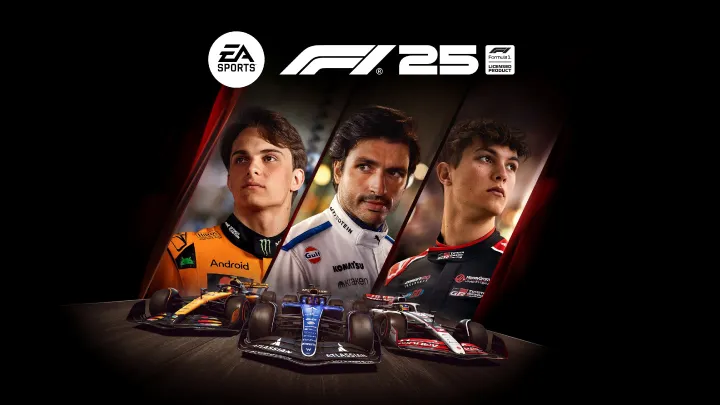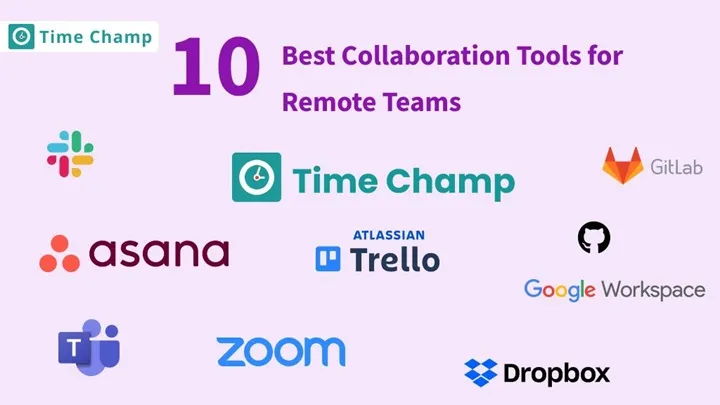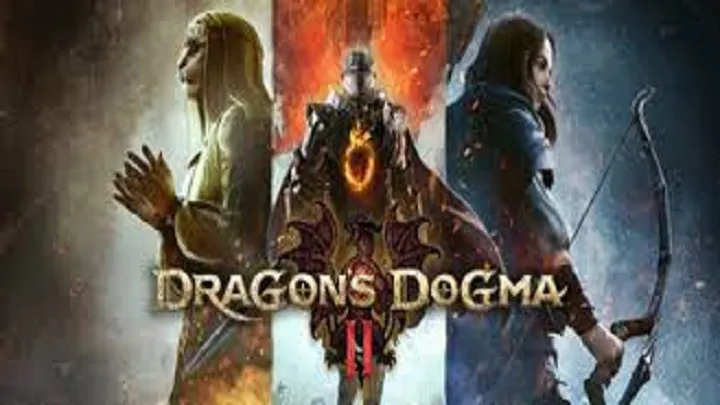Introduction
Since its official release in June 2020, Valorant has rapidly established itself as one of the most influential and talked-about games in the competitive first-person shooter (FPS) landscape. Developed and published by Riot Games, the same company behind the global hit League of Legends, Valorant has carved out its niche by combining the fast-paced action of traditional shooters with deep tactical gameplay.
This article provides a complete overview of Valorant, exploring its origins, gameplay mechanics, character design, esports ecosystem, and its position within the broader gaming industry. With over millions of active players worldwide, Valorant is not just a game; it is a cultural and competitive phenomenon that continues to shape the future of tactical shooters.
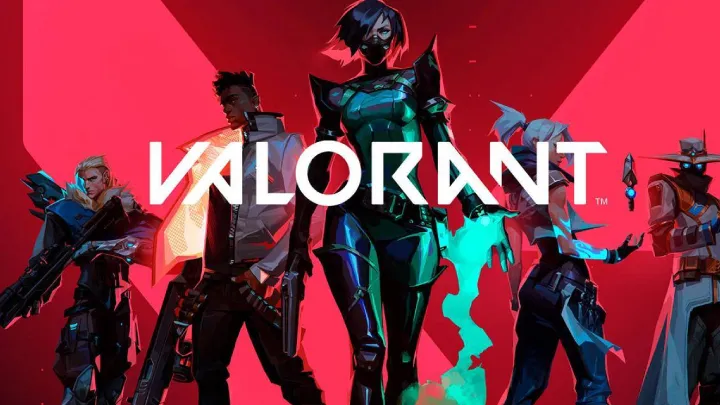
The Origins of Valorant
Riot Games began development of Valorant under the codename Project A. Riot’s intention was clear: to create a tactical shooter that could rival genre titans like Counter-Strike: Global Offensive while adding unique elements to differentiate itself. Valorant was built with competitive integrity, low system requirements, and a strong anti-cheat system as foundational pillars.
The announcement of Valorant during Riot’s 10th anniversary celebration of League of Legends generated enormous buzz. By the time the closed beta was launched in April 2020, millions of players rushed to watch streams on Twitch to secure beta keys. This event marked one of the most successful beta launches in gaming history.
Gameplay Mechanics
At its core, Valorant is a 5v5 tactical shooter where two teams alternate between attacking and defending. Each match consists of up to 25 rounds, and the first team to secure 13 victories wins. The gameplay blends classic mechanics from CS:GO with modern hero-shooter abilities, creating a balance of precision gunplay and strategic use of powers.
Agents and Abilities
Valorant’s most unique feature lies in its agents. Each agent comes with a distinct set of abilities categorized into Signature, Basic, and Ultimate skills. These abilities introduce layers of strategy beyond simple aim and reflexes. For example:
- Jett specializes in agility and mobility, excelling at surprise attacks.
- Sage provides healing and defensive barriers to support her team.
- Omen manipulates vision and positioning, creating psychological pressure on opponents.
Unlike traditional hero-shooters, Valorant ensures that guns remain the centerpiece of combat. Abilities are designed to complement gunfights rather than replace them.
Weapons and Economy
The in-game economy system is directly inspired by CS:GO. Players earn credits each round depending on performance and use them to buy weapons, shields, and abilities. Mastering when to save or buy is a critical skill for competitive success.
Weapons range from pistols to rifles, sniper rifles, and shotguns. Each weapon has unique recoil patterns, requiring precision and practice to master.
Maps and Tactical Depth
Valorant launched with four maps and has since expanded its pool. Each map is designed with unique mechanics to encourage different styles of play. For example:
- Bind introduces teleporters, allowing for creative rotations.
- Split emphasizes verticality and tight choke points.
- Icebox challenges players with multiple lanes and complex sightlines.
- Haven features three bomb sites instead of the traditional two, shaking up tactical decisions.
Maps are integral to Valorant’s identity, and Riot frequently updates them to maintain balance and competitive fairness.
Competitive and Esports Ecosystem
Valorant’s competitive ecosystem has grown at a rapid pace. Riot Games launched the Valorant Champions Tour (VCT), a structured global esports circuit with regional qualifiers leading to international events.
Growth of Valorant Esports
The game quickly attracted top-tier esports organizations, such as Sentinels, Fnatic, DRX, and LOUD. The first Valorant Champions event in 2021 demonstrated Riot’s commitment to building a long-term esports franchise. By 2023, Valorant esports had become a multimillion-dollar ecosystem with massive global audiences tuning in.
Key Highlights
- The rise of TenZ and the Sentinels’ dominance in early tournaments brought mainstream attention.
- Valorant’s esports matches often trend on Twitch, YouTube, and social media platforms.
- Riot’s consistent investment in production value, music, and storytelling has elevated Valorant events into global spectacles.
Player Community and Culture
Valorant’s success is not just due to gameplay but also its vibrant community. The player base is global, with large followings in North America, Europe, Southeast Asia, and Brazil. Community-created content, including fan art, cosplay, and highlight montages, has flourished on platforms like Twitter, TikTok, and Reddit.
Riot Games supports community engagement with regular updates, battle passes, and seasonal events. The introduction of new agents and maps keeps the experience fresh while balancing patches maintain competitive integrity.
Graphics and Performance
Valorant’s art style is deliberately clean and colorful, designed to be accessible to a wide range of PC hardware. Unlike hyper-realistic shooters, Valorant emphasizes clarity in visual design, ensuring players can easily distinguish agents and abilities in fast-paced combat.
One of Riot’s major achievements is optimizing Valorant for low-end PCs. The game runs smoothly on older systems while still offering high frame rates for competitive players with powerful rigs.
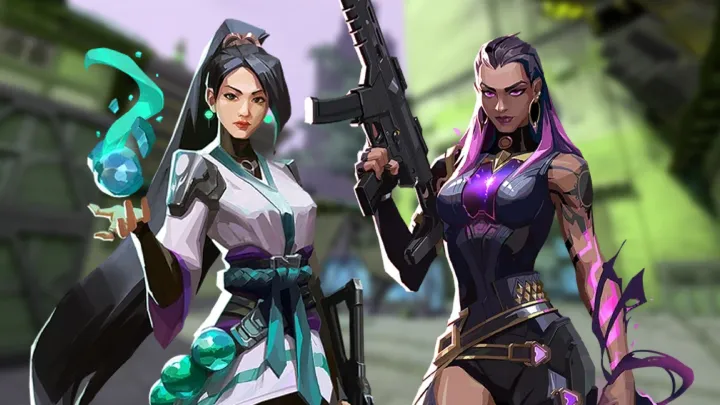
Anti-Cheat and Fair Play
Riot developed Vanguard, an advanced anti-cheat system, to combat hacking and cheating in Valorant. While Vanguard initially sparked controversy due to its kernel-level access, it has proven effective at maintaining fair play. Riot continues to improve the system while addressing privacy concerns from the community.
Monetization and Cosmetics
Valorant is free-to-play, monetized through optional cosmetics such as weapon skins, player cards, and battle passes. Weapon skins in Valorant are particularly popular, featuring animations, sound effects, and visual upgrades. Some skins, like the Elderflame collection, transform weapons into living dragons, making them highly desirable among players.
While skins do not affect gameplay, they have become a major revenue driver for Riot, contributing to the game’s long-term sustainability.
Valorant’s Impact on the FPS Genre
Valorant’s arrival revitalized interest in tactical shooters. Its hybrid approach of blending traditional FPS gunplay with hero-based abilities has influenced other games and set a new benchmark for competitive shooters. Many consider Valorant to be the spiritual successor to CS:GO, while also carving out its unique identity.
The game has also influenced streaming culture. Valorant streams regularly dominate Twitch charts, and high-profile streamers like Shroud, Pokimane, and Myth have contributed to its popularity.
Challenges and Criticisms
Despite its success, Valorant faces challenges. Some players criticize balance issues, particularly when new agents are introduced. Vanguard, while effective, continues to generate debates about privacy. Furthermore, toxicity and cheating—common issues in online shooters—remain ongoing concerns that Riot must address.
The Future of Valorant
Riot Games has ambitious plans for Valorant. The ongoing development roadmap includes new agents, maps, gameplay modes, and expanded esports circuits. Rumors of a console version have also circulated, which could further expand the player base.
Valorant’s ability to evolve while maintaining its competitive essence will determine its longevity. With Riot’s track record and dedicated community, the game’s future appears promising.
Conclusion
Valorant is more than just another shooter—it is a cultural force that has reshaped the competitive gaming landscape. By merging precise gunplay with strategic depth and character-driven design, Riot Games has created a title that appeals to both casual players and hardcore esports enthusiasts.
As the game continues to evolve with new content, growing esports infrastructure, and community engagement, Valorant’s influence on the FPS genre is undeniable. Whether you are a seasoned player or a newcomer curious about its hype, Valorant represents the cutting edge of tactical shooters in the modern era.

